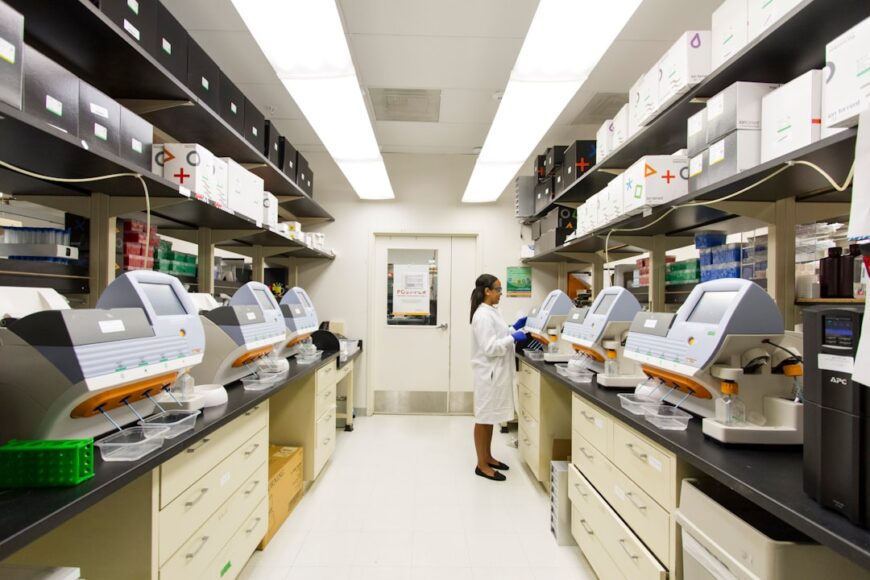
Israel Civil Defense Updates and Emergency Preparedness is a government initiative aimed at ensuring the safety and security of the Israeli population in times of emergencies. The program provides regular updates on potential threats and emergencies, as well as guidance on how to prepare and respond to these situations. With the ever-present threat of conflict and natural disasters in the region, it is crucial for individuals and households to be prepared for any eventuality.
The Importance of Being Prepared for Emergencies
Being prepared for emergencies is of utmost importance, as it can mean the difference between life and death. Emergencies can strike at any time, and being prepared can help mitigate the risks and ensure the safety of yourself and your loved ones. By taking the time to prepare in advance, you can reduce panic and confusion during an emergency, allowing you to make rational decisions and take appropriate actions.
Emergency preparedness also has numerous benefits. It provides a sense of security and peace of mind, knowing that you have taken steps to protect yourself and your family. It also allows you to be self-reliant during emergencies, reducing the burden on emergency services and allowing them to focus on those who are most in need. Additionally, being prepared can help minimize damage to property and belongings, as well as reduce the financial impact of an emergency.
Essential Equipment List for Emergency Preparedness
Having the right equipment is crucial for emergency preparedness. Here is a list of essential items that every household should have:
1. First Aid Kit: A well-stocked first aid kit is essential for treating minor injuries during emergencies. It should include bandages, antiseptic ointment, pain relievers, scissors, tweezers, and other basic medical supplies.
2. Flashlights and Batteries: Power outages are common during emergencies, so having flashlights with extra batteries is essential. Make sure to check the batteries regularly and replace them as needed.
3. Portable Radio: A battery-powered or hand-cranked radio is important for staying informed during emergencies. It allows you to receive updates and instructions from authorities, even if the power is out.
4. Water and Food: It is important to have an emergency supply of water and non-perishable food that can last for at least three days. Store water in clean, airtight containers and choose food items that do not require refrigeration or cooking.
5. Blankets and Warm Clothing: In case of power outages or extreme weather conditions, it is important to have blankets and warm clothing to stay comfortable and prevent hypothermia.
6. Personal Hygiene Items: Include items such as toilet paper, hand sanitizer, wet wipes, and feminine hygiene products in your emergency kit.
Understanding the Different Types of Emergencies in Israel
Israel faces a variety of emergencies, each with its own unique challenges. These include:
1. Security Threats: Israel is located in a region with ongoing conflicts and security threats. These can range from missile attacks to terrorist incidents. It is important to stay informed about the current security situation and follow the instructions of authorities.
2. Natural Disasters: Israel is prone to earthquakes, floods, and wildfires. These disasters can cause significant damage and pose a threat to life and property. Understanding the risks in your area and taking appropriate measures to mitigate them is crucial.
3. Public Health Emergencies: Outbreaks of infectious diseases or other public health emergencies can occur at any time. It is important to follow the guidance of health authorities and take necessary precautions to protect yourself and others.
4. Technological Emergencies: Accidents or malfunctions in industrial facilities or transportation systems can pose a threat to public safety. Understanding the potential risks in your area and knowing how to respond can help minimize the impact of these emergencies.
How to Assess Your Personal Emergency Preparedness Needs
Assessing your personal emergency preparedness needs is an important step in ensuring your safety and security. Here are some tips for conducting a thorough assessment:
1. Identify Potential Risks: Start by identifying the potential risks in your area. Consider the types of emergencies that are most likely to occur and the specific challenges they present. This will help you prioritize your preparedness efforts.
2. Evaluate Your Resources: Take stock of the resources you currently have available for emergencies. This includes equipment, supplies, and knowledge or skills that can be useful during emergencies.
3. Consider Your Personal Circumstances: Take into account any specific needs or circumstances that may affect your preparedness. This could include medical conditions, disabilities, or the presence of young children or elderly family members.
4. Seek Expert Advice: If you are unsure about how to assess your personal emergency preparedness needs, consider seeking advice from experts or professionals in the field. They can provide guidance based on your specific circumstances.
Stocking Up on Essential Supplies for Emergencies
Stocking up on essential supplies is crucial for emergency preparedness. Here is a list of items that should be included in your emergency supply kit:
1. Water: Store at least one gallon of water per person per day for at least three days. This includes water for drinking, cooking, and personal hygiene.
2. Non-Perishable Food: Choose food items that do not require refrigeration or cooking, such as canned goods, granola bars, and dried fruits. Make sure to rotate your food supply regularly to ensure freshness.
3. Medications: If you or any family members require prescription medications, make sure to have a sufficient supply on hand. Also include over-the-counter medications such as pain relievers and antacids.
4. Personal Documents: Keep copies of important documents such as identification cards, passports, insurance policies, and medical records in a waterproof and portable container.
5. Cash: In case of power outages or disruptions to electronic payment systems, it is important to have a supply of cash on hand.
6. Tools and Supplies: Include items such as a multi-tool, duct tape, plastic sheeting, and a whistle in your emergency kit. These can be useful for various purposes, such as repairs or signaling for help.
The Role of Communication and Information in Emergency Preparedness
Communication and information play a crucial role in emergency preparedness. Here are some tips for staying informed during emergencies:
1. Stay Connected: Make sure you have multiple ways to receive information during emergencies. This can include a battery-powered or hand-cranked radio, a mobile phone with a backup battery or solar charger, and access to the internet if possible.
2. Follow Official Channels: Rely on official sources of information such as government websites, social media accounts of relevant authorities, and local news outlets. Be cautious of rumors or misinformation that can spread during emergencies.
3. Sign Up for Alerts: Many countries have emergency alert systems that send notifications directly to your mobile phone in case of emergencies. Make sure to sign up for these services and keep your contact information updated.
4. Have a Communication Plan: Create a communication plan with your family or household members. Determine how you will stay in touch during emergencies and establish a meeting place in case you are separated.
Tips for Creating an Emergency Plan for Your Household
Creating an emergency plan is essential for ensuring the safety and well-being of your household. Here are some tips to help you create an effective plan:
1. Identify Safe Areas: Identify safe areas in your home where you can take shelter during emergencies. These areas should be away from windows and doors, preferably in an interior room or basement.
2. Establish Meeting Points: Determine meeting points both inside and outside your home where you can gather in case of emergencies. Make sure everyone in your household knows the locations and how to get there.
3. Assign Responsibilities: Assign specific responsibilities to each member of your household. This can include tasks such as gathering emergency supplies, contacting emergency services, or caring for pets.
4. Practice the Plan: Regularly practice your emergency plan with your household members. This will help ensure that everyone knows what to do and can act quickly and efficiently during emergencies.
Training and Education for Emergency Preparedness in Israel
Training and education are crucial for emergency preparedness in Israel. The government provides various resources and programs to help individuals and communities prepare for emergencies. These include:
1. Civil Defense Updates: The Israel Civil Defense Updates provide regular updates on potential threats and emergencies, as well as guidance on how to prepare and respond to these situations. These updates are available through various channels, including websites, social media, and mobile applications.
2. Emergency Preparedness Courses: The government offers emergency preparedness courses that cover a wide range of topics, including first aid, search and rescue techniques, and disaster management. These courses are available to the public and are often free or at a minimal cost.
3. Community Programs: Many communities in Israel have established community emergency response teams (CERTs) that provide training and support for emergency preparedness. These teams are made up of volunteers who receive specialized training in various aspects of emergency response.
4. Online Resources: The government provides online resources that offer information and guidance on emergency preparedness. These resources include instructional videos, downloadable guides, and interactive tools that can help individuals assess their preparedness needs.
Taking Action to Ensure Your Safety and Security in Emergencies
In conclusion, being prepared for emergencies is crucial for ensuring the safety and security of yourself and your loved ones. By taking the time to assess your personal emergency preparedness needs, stock up on essential supplies, create an emergency plan, and stay informed, you can greatly increase your chances of staying safe during emergencies. Remember, emergencies can happen at any time, so it is important to take action now to ensure your safety and security in the future.














